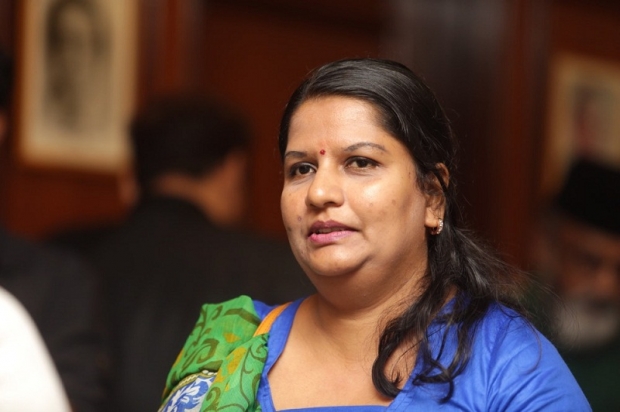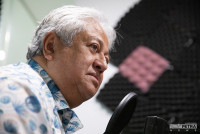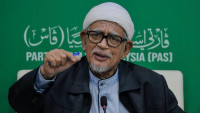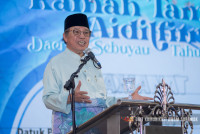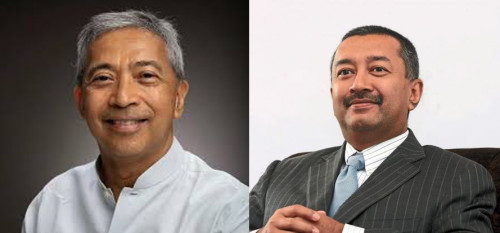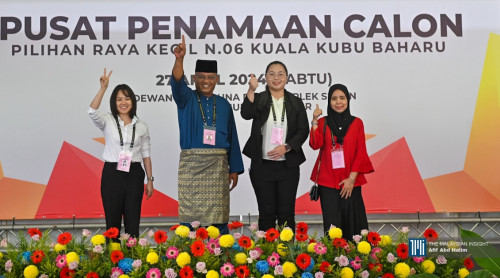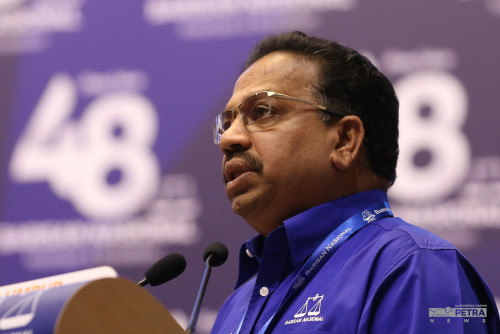KUALA LUMPUR – The recent controversy regarding Penang mother Loh Siew Hong’s objections to her three children’s conversion to Islam, a decision that was made unilaterally by her now ex-husband Nagahswaran Muniandy, has reopened discourse on high profile religious conversion cases in the country.
Malaysia is no stranger to cases like this, with some notable ones having garnered international attention and media coverage.
The following are some of the landmark religious conversion cases that have set legal precedents in the nation.
Lina Joy
Among the significant cases in Malaysia, one involving a Muslim converting to Christianity, is the case of Lina Joy, who was born a Muslim with the name Azlina Jailani.
In 1998 she converted to Christianity to marry her Christian boyfriend but was legally unable to do so seeing that her identification card (IC) stated that she is a Muslim.
After being baptised that year, the woman had sought to have her conversion legally recognised by the Malaysian court.
Although she managed to change her name, the National Registration Department (NRD) did not change the status of her religion in her IC, seeing that it did not receive any confirmation document from the shariah court.
Hoping to live as a Christian, in 1999 she filed a suit with the high court and bypassed the shariah court (the Islamic court holding authority on conversion and other Islamic jurisprudence).
In 2006, in her bid to embrace Christianity, Joy took the matter to the country’s apex court.
On May 30, 2007, her appeal was dismissed by the Federal Court in a 2-1 majority verdict – a three-man bench with chief justice Tun Ahmad Fairuz Sheikh Abdul Halim and Datuk Alauddin Mohd Sheriff ruling against her.
They stated that: “A person who wants to renounce his/her religion must do so according to existing laws or practises of the particular religion. Only after the person has complied with the requirements and the authorities are satisfied that the person has apostatised, can she embrace Christianity.
“In other words, a person cannot, at one’s whims and fancies, renounce or embrace a religion.”
The dissenting view by chief judge of Sabah and Sarawak Datuk Richard Malanjum wrote: “Hence, in my view this is tantamount to unequal treatment under the law. In other words, it is discriminatory and unconstitutional and should therefore be struck down.”
“For this reason alone, the relief sought for by the appellant should be granted, namely for a declaration that she is entitled to have an identity card, in which the word ‘Islam’ does not appear.”
If Joy had succeeded in her bid, she would have created a precedent allowing Muslims to officially change their religion on their IC, while also removing the barrier for Muslim and non-Muslim marriages.
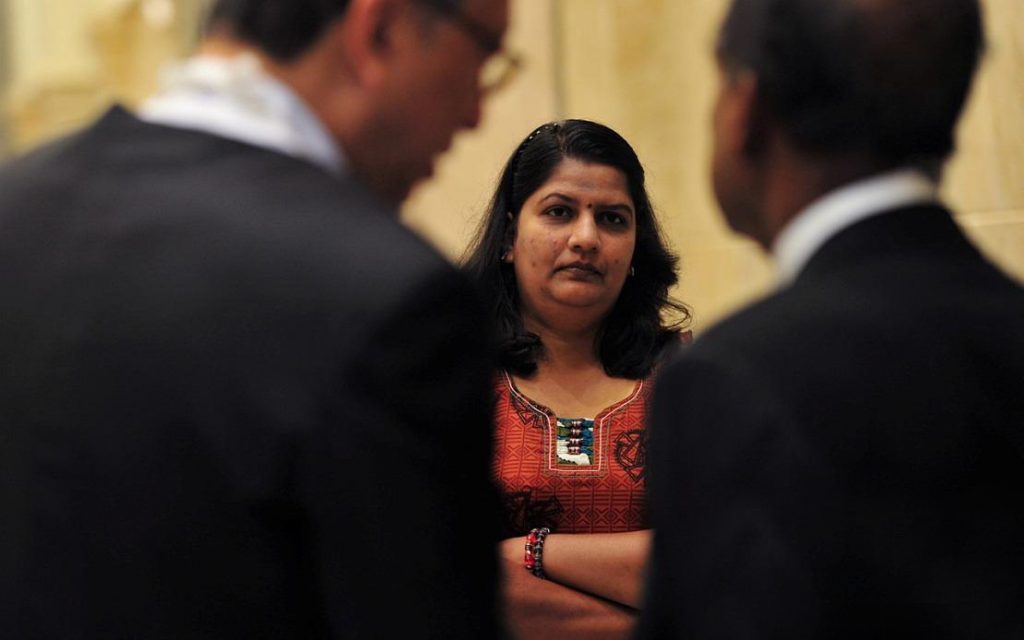
M. Indira Gandhi
Another notable case is M. Indira Gandhi, whose ex-husband Muhammad Riduan Abdullah, also known as K. Pathmanathan, left their house with their youngest 11-month-old daughter, Prasana Diksa in 2009.
Prior to the separation, he had converted to Islam, and then unilaterally converted their three children to Islam after he left the house. This action was made without Indira’s knowledge.
In that same year, he was granted permanent custody of the children by the shariah court. However, the Ipoh High Court granted Indira full custody of the children the following year.
Her battle lasted for years until January 2018 when the Federal Court eventually ruled that the unilateral conversions of her children were unlawful.
While her two eldest children have stayed with Indira, she is still unable to contact her youngest daughter and despite the ruling, the police were not able to recover Prasana.
Riduan also remained missing, even though the high court had issued an arrest warrant in 2014. Prasana was just 18 months old when Indira last saw her.
Nyonya Tahir/Wong Ah Kiu
Wong Ah Kiu was born in 1918 to a Muslim family as Nyonya Tahir but was later adopted by a Chinese family and raised as a Buddhist.
In 1936, she married a Chinese man, who did not convert to Islam, and she continued to practice Buddhism and adopted the Chinese way of life, with her children also culturally raised as Chinese.
While her children were recorded as ethnically Chinese in their identity cards, she was still recorded as a Malay. In 1986, when she applied to change her name and religion recorded in her IC, the application was denied after being investigated by the Alor Gajah Islamic Affairs office.
When her husband died in 1989, she wished to be buried next to him, but this was not possible without legal recognition of her status as a Buddhist.
She then filed two more applications to recognise her change of religion in 1991 and 1998 but both were rejected.
Wong left behind a written declaration stating that she was Buddhist and that she wanted to be given a Buddhist funeral instead.
When she died on January 19, 2006, her burial was put on hold after the Negri Sembilan Religious Affairs Department had the Tampin Shariah Court issue an injunction after they found out she was a Malay.
The head of the Negri Sembilan Religious Affairs Department went to her family’s house to present the order that she be buried in Muslim fashion.
However, after hearing testimonies from her children, the shariah high court eventually ruled that she lived and died as a Buddhist, which permitted her family to proceed with Buddhist funeral rites.
She was finally buried next to her husband in the Chinese cemetery in her birthplace of Simpang Ampat, Alor Gajah.
This case marked the first time that a non-Muslim had testified in a shariah court in Malaysia and it remains as one of the most well-known religious conversion cases until today.
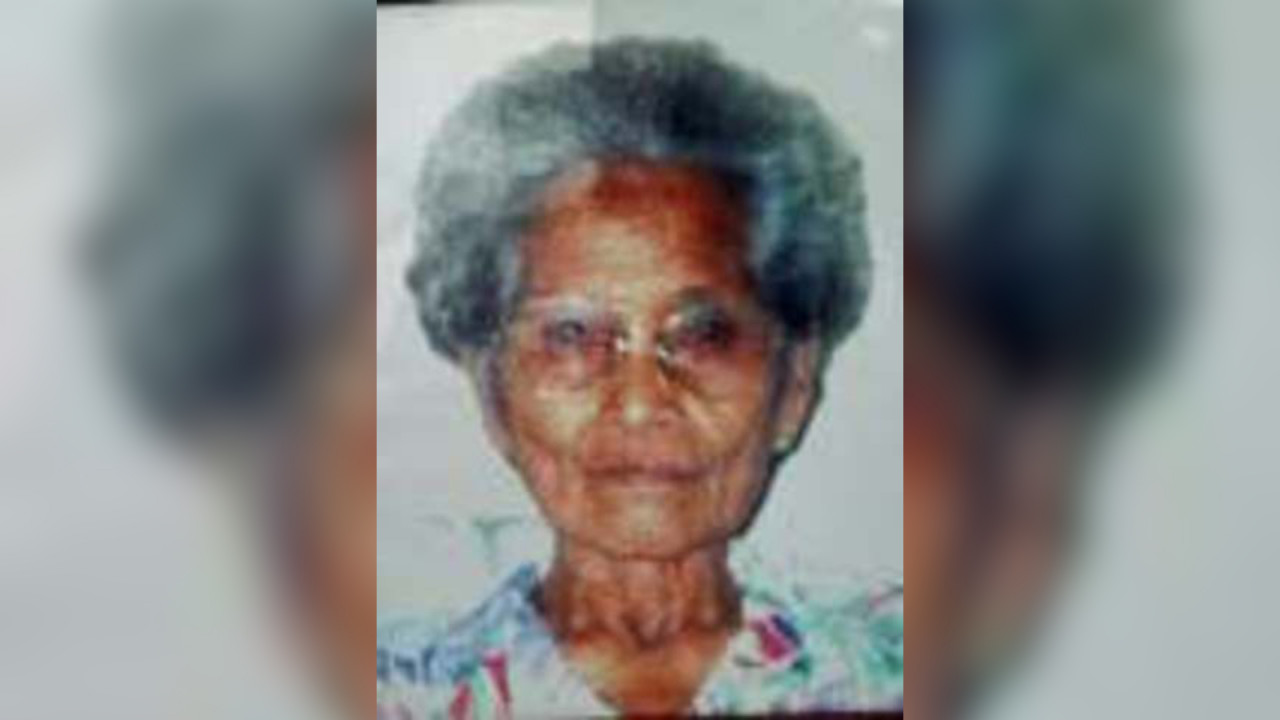
Juli Jalaludin
Juli Sumardiati Mohd Jalaludin was born in Ketereh, Kelantan as a Malay and was raised in a Muslim family with a strict cultural and religious upbringing.
However, her faith slowly eroded over the years after she started questioning the rules she had to adhere throughout her life.
In her blog, she said “I wanted to know the answers to simple questions I had since I was a child. For example, why was hijab mandatory? Why were dogs forbidden to be touched?
“Why were we still being taught the prayer and fasting rituals for a slave even though slavery had been abolished more than a hundred years ago?
“Slowly, I started to see the imperfections of Islam. I thought, what else could be wrong? Little by little, as I got more answers, my faith in Islam gradually weakened.”
She also disliked the fact that she was taught that “infidels” would not earn a place in heaven.
At school, my religious teachers were demeaning, saying our Chinese teachers and our Malay female teachers who didn’t wear hijab were agents of Satan. I had a big problem with this teaching of exclusivity.”
Unlike other notable cases, Juli did not go through any court processes but instead, she made controversial postings online.
At first, she joined a local apostate group on Facebook to find other like-minded folk. But eventually, she and other members of the group were harassed online.
This took a severe toll on her that caused her to suffer from depression. However, she chose to fight back as she realised that “my silence would only make bullies stronger”.
She left Malaysia in June 2013 after receiving a job offer in Norway.
She, together with a group of Facebook friends, went on to create the Facebook pages, Murtad di Pantai Timur (Apostate in the East Coast) and Murtad in Kelantan (Apostate in Kelantan).
However, these pages were perceived to provoke and insult Islam, and were later blocked by the government.
The Muslim community also reacted aggressively and sent threatening messages to her posts that encourage her to gain the status of an asylum seeker in the United States as she did not feel safe at home.
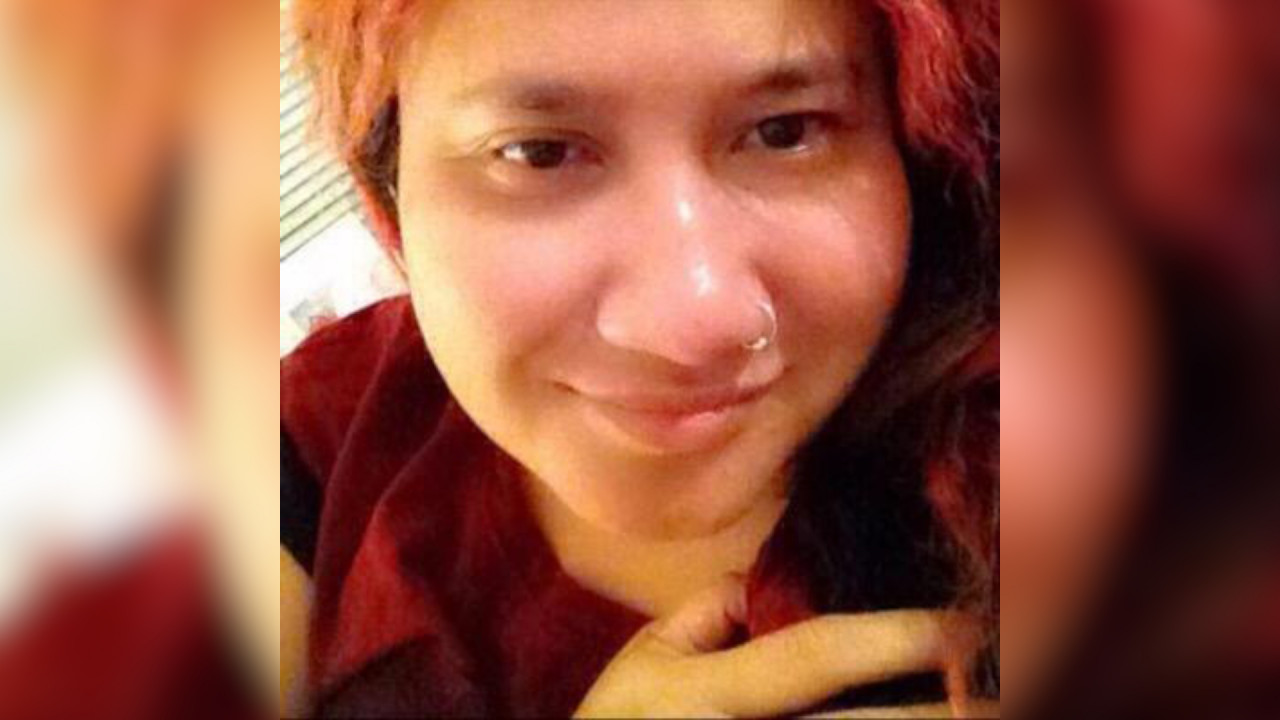
Syarifah Nooraffyzza, Tiong Choo Ting, Salina Jau, Jenny Peter
Even though the previous cases saw issues hitting Peninsula Malaysia, Sarawakian Muslims wishing to convert out of the religion also face similar problems as their Malayan counterparts.
In Syarifah Nooraffyzza’s case, she is ethnically Malay but had left Islam and embraced Christianity in 2009. On the other hand, Tiong Choo Ting, Salina and Jenny had all converted due to their marriages.
Although Sarawak has its own high court separate from the peninsula, the state’s high court still deemed that it has no jurisdiction to hear apostasy cases and dismissed their appeals for a civil court hearing.
Even though the four of them had taken their case to Sarawak’s Federal Court, they were still unsuccessful in their bid to renounce Islam. Instead, the state’s apex court ruled that their apostasy applications can only be heard by the Sarawak Shariah Court, resulting in successful applications. – The Vibes, February 20, 2022



